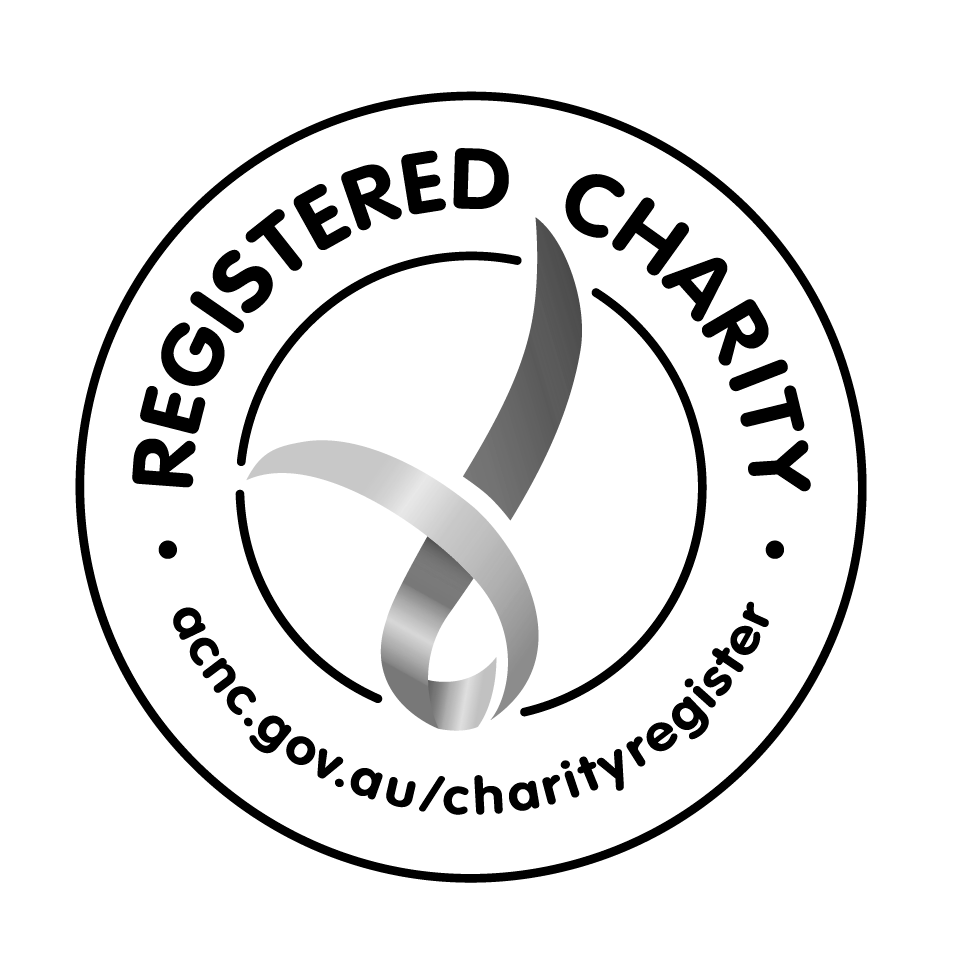Many men have been brought up to believe that they should never show weakness and should just “push on through” even if they have a medical condition. Many also take on riskier activities, both at work and recreationally, indulging in riskier lifestyle choices such as smoking and recreational drugs.
So, it is perhaps not surprising that men, increasingly, are suffering more with chronic medical conditions and mental health disorders.
When it comes to one of the least discussed medical conditions, but one of the most common, and its effect on mental health, this problem is even worse.
Erectile dysfunction, the inability to get a strong erection or to keep it for satisfactory sex, is an increasing medical problem in our community. It is strongly associated with conditions such as diabetes, smoking, being overweight, having high blood pressure and high cholesterol. It also can occur, and does quite commonly, after prostate cancer surgery.
The problem is that not being able to “get it up” is something of a boys’ “locker room” joke. Young men are indoctrinated into the idea that getting a rock-hard erection and being able to “perform” for hours is part of “being a man” and therefore, when their erections fail through medical conditions, they do not feel prepared to talk to anyone about it and many will not even seek a medical opinion.
In Australia alone, nearly 3 million men over the age of 45 experience Erectile Dysfunction (ED).
A recent study of over 500 Australian men who experience ED, commissioned by penile implant device company Coloplast, found that 60% of respondents are also too ashamed to talk about the condition and 73% of those feel in adequate or less of a man.
Other key findings include:
- Nearly 8 in 10 (78%) single men with ED believe themselves unworthy of having a significant other
- 1 in 4 men separated or divorced felt ED contributed to the end of their relationship
- 52% over men with the erectile dysfunction feel ostracised from male friendships
All these results are highly likely because of the cultural taboos surrounding erectile dysfunction, with the stigma associated to ED often being the biggest barrier for those seeking help.
It’s time we consider ED with the compassion it deserves, just like any other medical condition, by having an open and honest conversation on the physical and emotional impact it can cause. Media and society pressures of what is considered to be a man and sheer avoidance of the subject because it's considered unpalatable, are having real implications on millions of men and their partners. We need to normalise the dialogue to make men feel more comfortable to seek help.
What still concerns me is that there is a lack of knowledge of treatment options for men. So, what are the treatment options?
Most people have heard about the “little blue pill”, sildenafil or Viagra, which is over 20 years old now, and which really revolutionised the treatment of erectile dysfunction, as the first specific medication that would enhance a man’s erections. However, if the underlying problem is after surgery or due to significant diabetes or smoking, Viagra won't work in many men.
But there are other options including self-injecting, which if taught correctly can be successful. The ‘gold-standard’ treatment for ED is to restore the erection with penile implant surgery, which has become very refined, safe and reliable with low complication risks.
So, it's time to realise that if things are not working “below the belt”, it may be a sign of some other condition, and you most certainly should go to your doctor and get things checked out.
There are other health information resources available on the web to educate men about ED, such as www.fixmyed.com.au, and www.restoremylovelife.com.au, as well as online medical sites where men can communicate with a doctor, such as www.getmosh.com.au , and receive help, information and treatment.
Written by
Dr Chris Love



Leave a comment